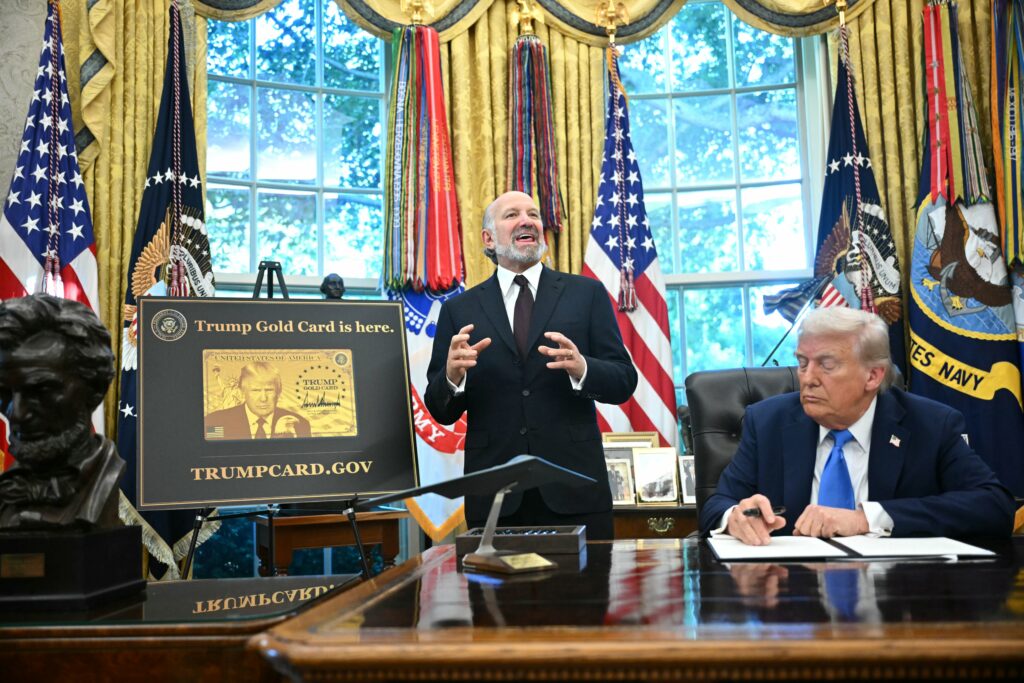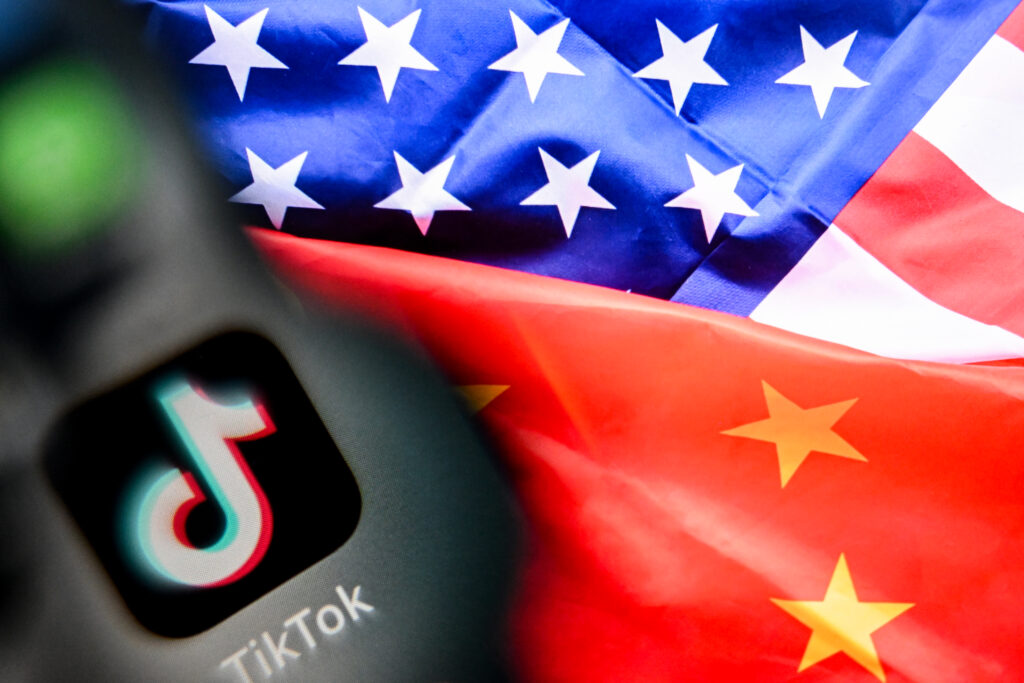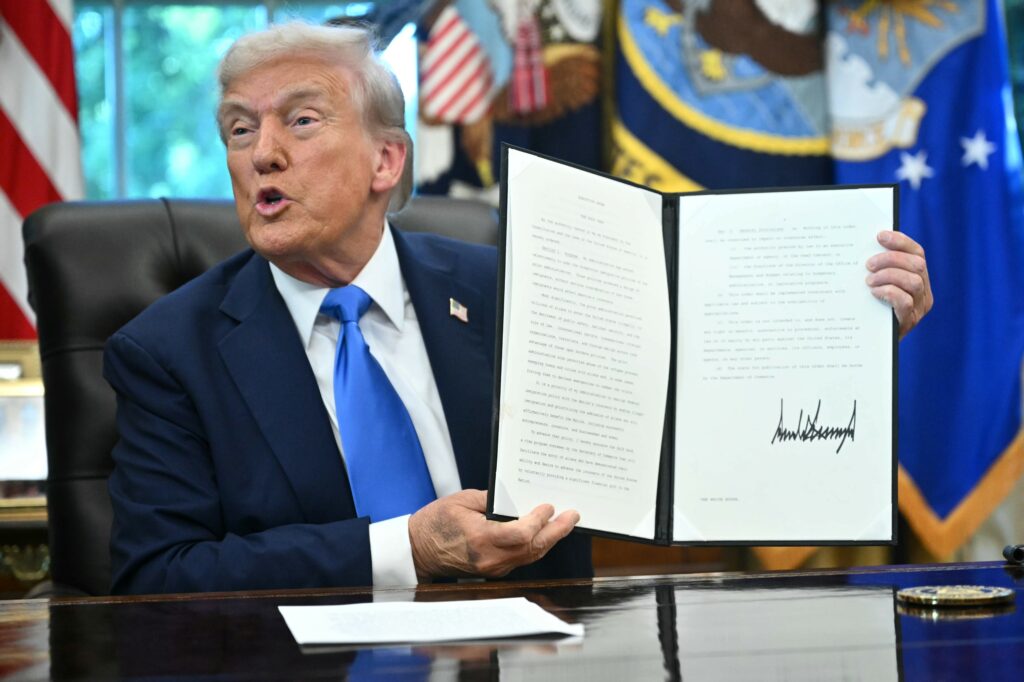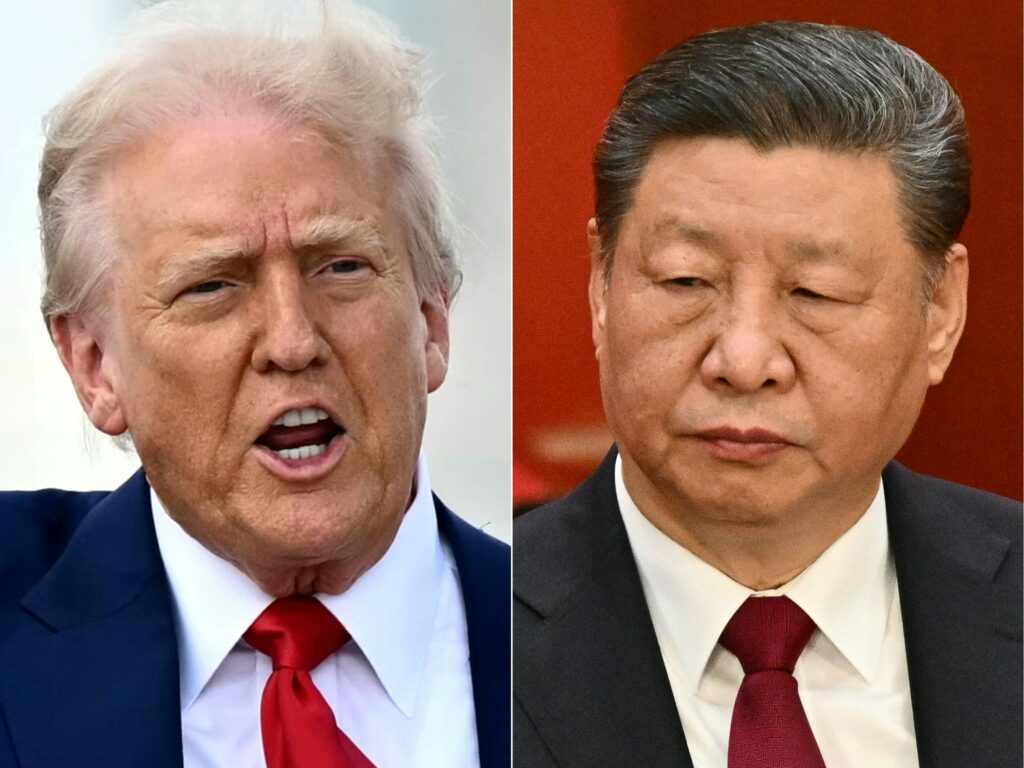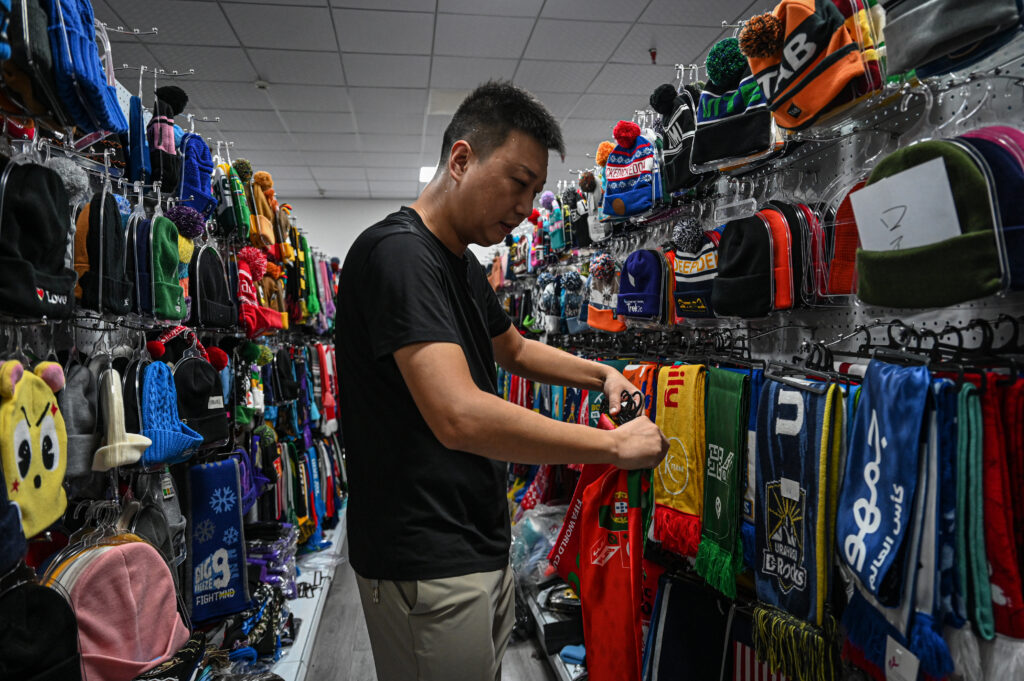White House says $100,000 H-1B visa fee to be one-time payment
The White House issued a major clarification Saturday to its new H-1B visa policy that had rattled the tech industry, saying a $100,000 fee will be a “one-time” payment imposed only on new applicants.US Commerce Secretary Howard Lutnick, in announcing the major fee increase on Friday, said it would be paid annually, and would apply to people seeking a new visa as well as renewals.But White House Press Secretary Karoline Leavitt issued a clarification on Saturday, hours before the new policy was to go into effect.”This is NOT an annual fee. It’s a one-time fee that applies… only to new visas, not renewals, and not current visa holders,” she said in a social media post. The executive order, which is likely to face legal challenges, comes into force Sunday at 12:01 am US Eastern time (0401 GMT), or 9:01 pm Saturday on the Pacific Coast.Prior to the White House’s clarification, US companies were scrambling to figure out the implications for their foreign workers, with several reportedly warning their employees not to leave the country.Some people who were already on planes preparing to leave the country on Friday de-boarded over fears they may not be allowed to re-enter the United States, the San Francisco Chronicle reported.”Those who already hold H-1B visas and are currently outside of the country right now will NOT be charged $100,000 to re-enter,” Leavitt said.”H-1B visa holders can leave and re-enter the country to the same extent as they normally would,” she added.H-1B visas allow companies to sponsor foreign workers with specialized skills — such as scientists, engineers, and computer programmers — to work in the United States, initially for three years but extendable to six.Such visas are widely used by the tech industry. Indian nationals account for nearly three-quarters of the permits allotted via lottery system each year.The United States approved approximately 400,000 H-1B visas in 2024, two-thirds of which were renewals.- India, US business concerns -US President Donald Trump announced the change in Washington on Friday, arguing it would support American workers.The H-1B program “has been deliberately exploited to replace, rather than supplement, American workers with lower-paid, lower-skilled labor,” the executive order said.Trump also introduced a $1 million “gold card” residency program he had previewed months earlier.”The main thing is, we’re going to have great people coming in, and they’re going to be paying,” Trump told reporters as he signed the orders in the Oval Office.Lutnick, who joined Trump in the Oval Office, said multiple times that the fee would be applied annually.”The company needs to decide… is the person valuable enough to have $100,000 a year payment to the government? Or they should head home and they should go hire an American,” he told reporters.Though he claimed that “all the big companies are on board,” many businesses were left confused about the details of the H-1B order.US bank JPMorgan confirmed that a memo had been sent to its employees with H-1B visas advising them to remain in the United States and avoid international travel until further guidance was issued.Tech entrepreneurs — including Trump’s former ally Elon Musk — have warned against targeting H-1B visas, saying that the United States does not have enough homegrown talent to fill important tech sector job vacancies.India’s foreign ministry said the mobility of skilled talent had contributed to “innovation” and “wealth creation” in both countries and that it would assess the changes.It said in a statement the new measure would likely have “humanitarian consequences by way of the disruption caused for families,” which it hoped would be addressed by US authorities.
